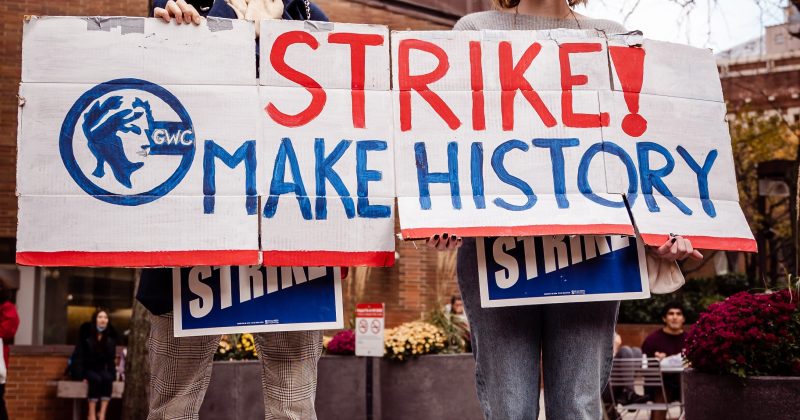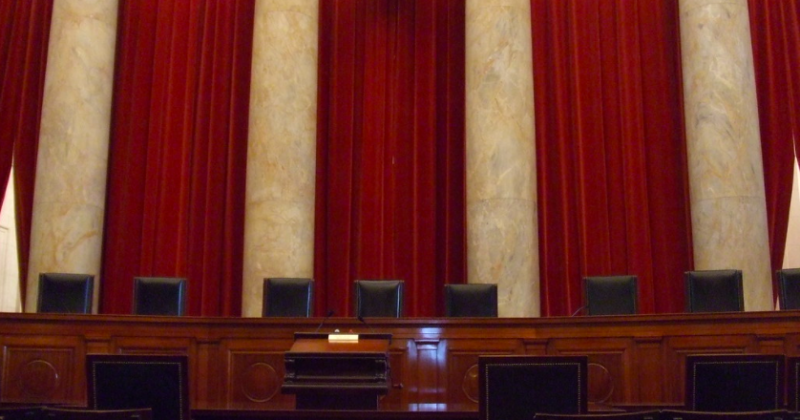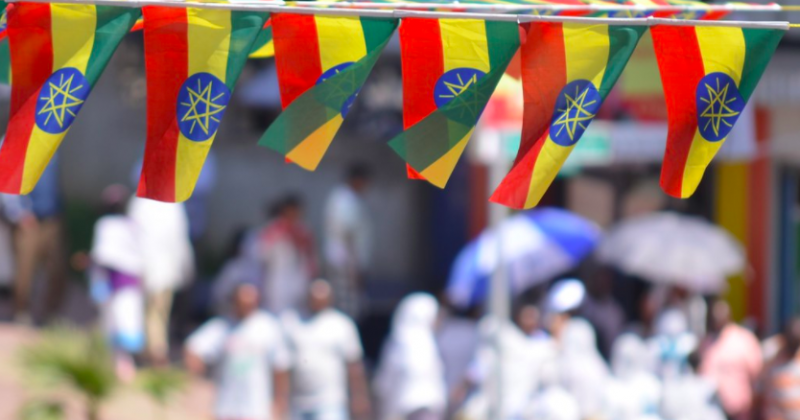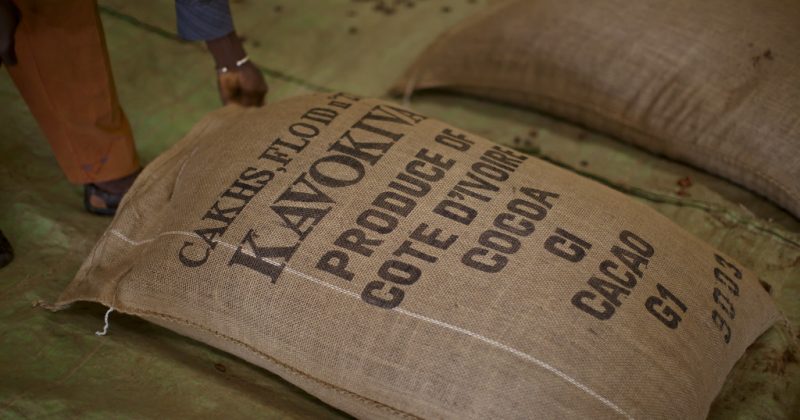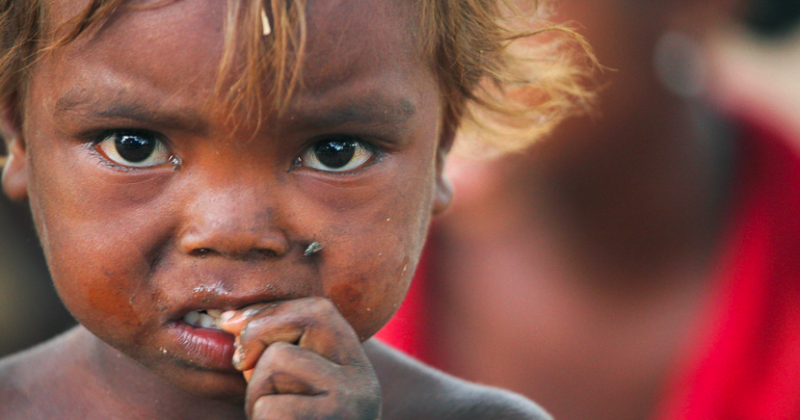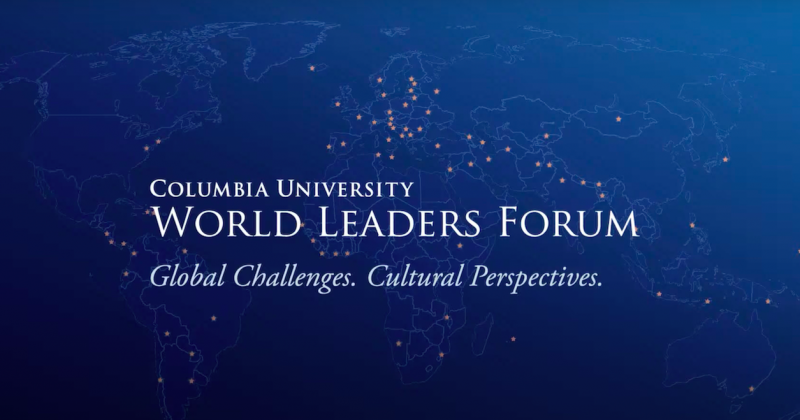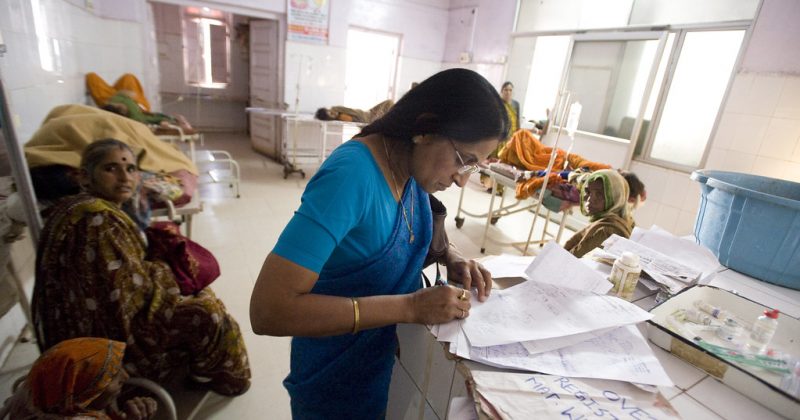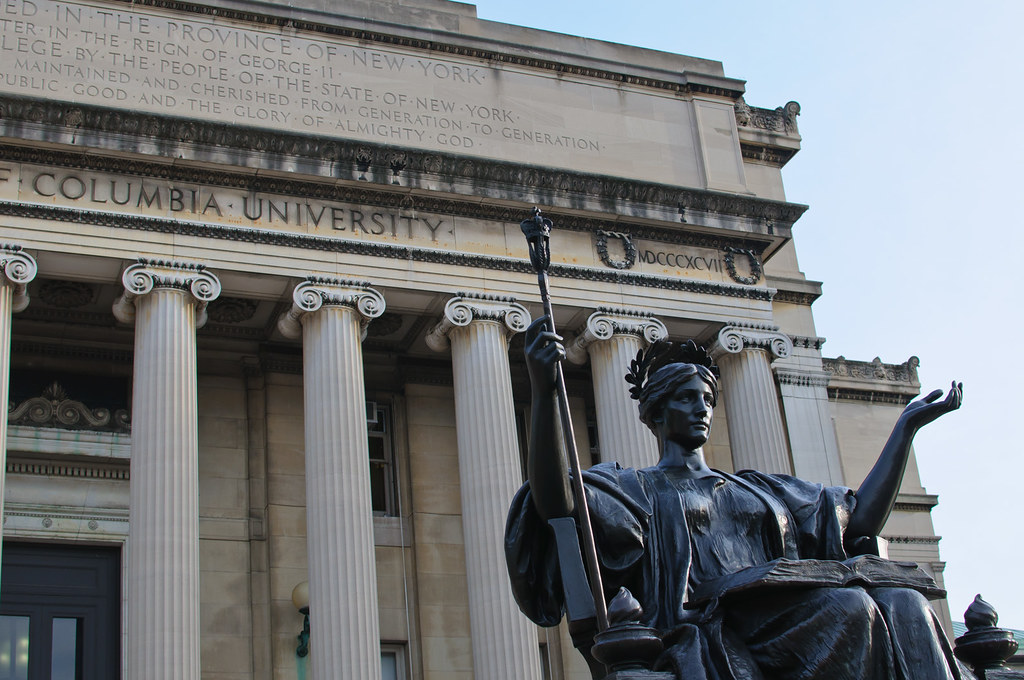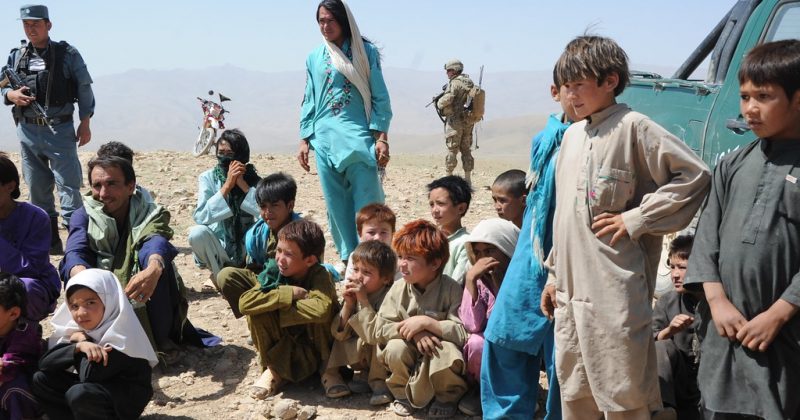
The Taliban Takeover: A Recurring Nightmare for the Hazaras?
By guest contributor, Devrishi Tyagi*
In the month of August, the Taliban seized power in Afghanistan, following the fall of the previous government. Ever since the takeover, there has been a rising fear among the people of Afghanistan and the international community, of an increase in human rights violations in the region. One of these fears is the persecution of the Hazaras by the Taliban.
The Hazaras are said to be the descendants of Genghis Khan, the founder of the Mongol empire. The ethnic group makes up anywhere from 15-20 percent of Afghanistan’s total population, making them one of the biggest and most important minority groups in the country. The history of the persecution of Hazaras is rooted in religious and ideological differences between two Islamic groups. In the late 19th century, the Sunni leader Pashtun leader Amir Abdul Rahman ordered the killing of all Shias in the country and as a result, the Hazaras were targeted for being one of the biggest...

